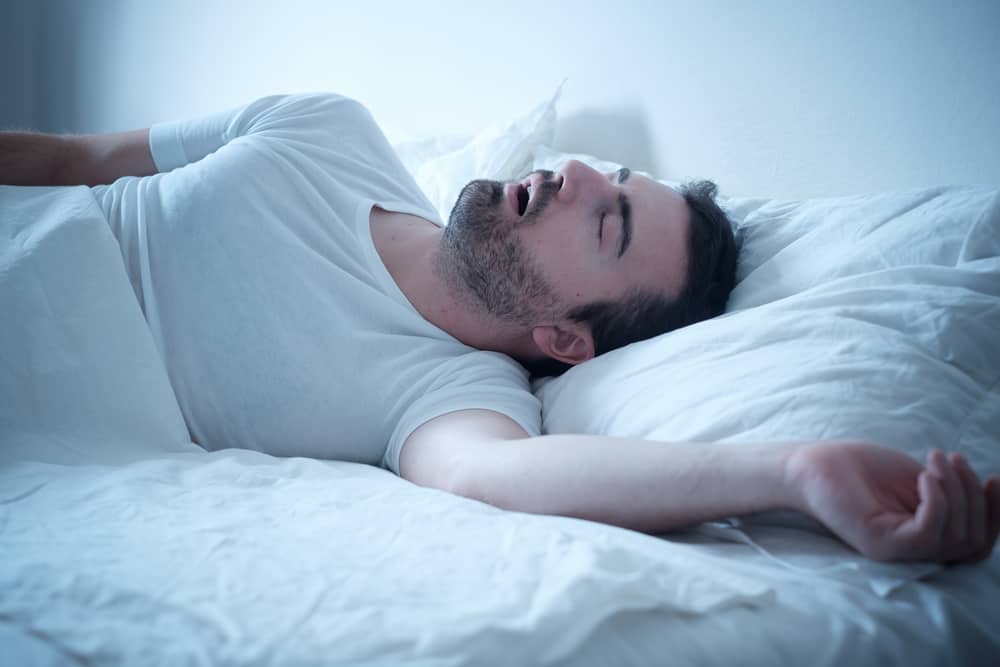Sleep apnea is more than just a troublesome snore or a minor inconvenience—it’s a serious sleep disorder that affects millions of people worldwide, often without their knowledge. Characterized by repeated interruptions in breathing during sleep, sleep apnea can lead to a cascade of health issues, ranging from chronic fatigue to cardiovascular problems. Understanding sleep apnea is crucial not only for those who suffer from it but also for those who share their lives and beds with them. This comprehensive guide delves into the signs you should watch out for, the foods that could be making your symptoms worse, the dietary choices that can help manage the condition, and the groups of people who are more likely to be affected. By gaining insight into these aspects, you can take proactive steps to improve sleep quality and overall health. Read on to uncover the 40 essential facts about sleep apnea that everyone needs to know.

